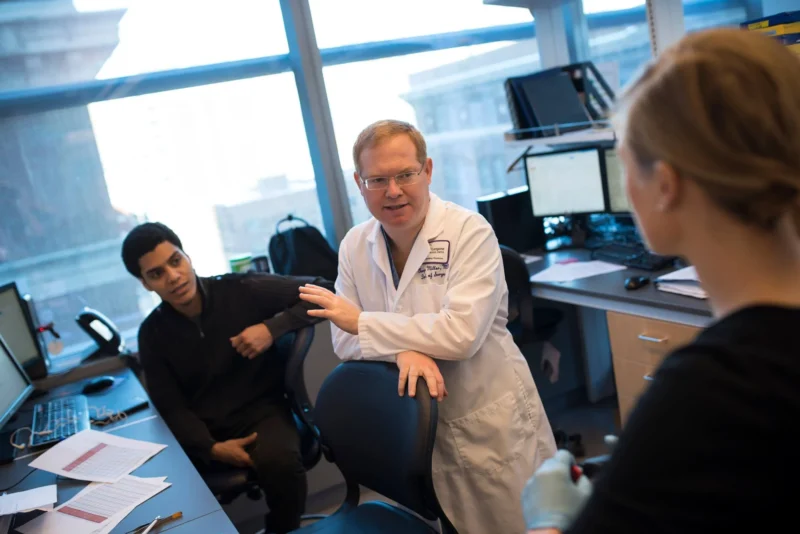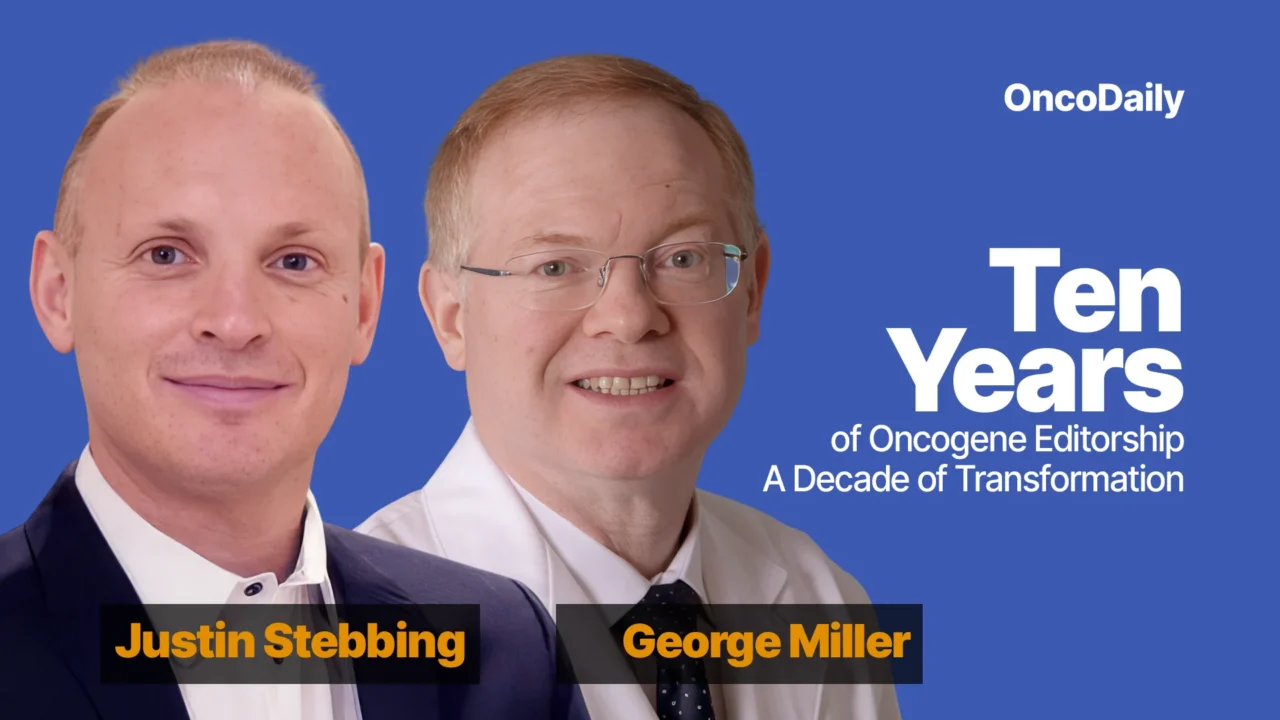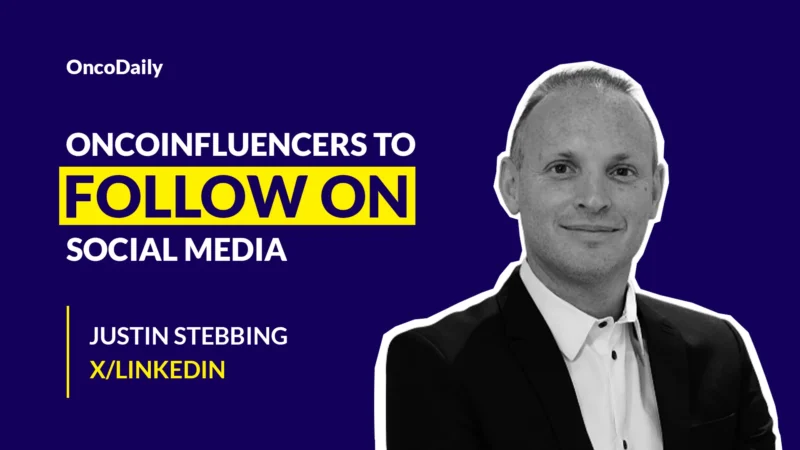In “Ten years of oncogene editorship: decade of transformation”, Justin Stebbing and George Miller reflect on their decade-long tenure leading Oncogene. Their retrospective outlines major scientific developments in cancer biology, shifts in publishing practices, and the evolving responsibilities of journal editors during a period marked by rapid change.
Evolving Landscape of Cancer Research
Stebbing and Miller describe how their editorship coincided with significant advances in cancer science. The expansion of genomic sequencing technologies deepened understanding of tumor heterogeneity and molecular drivers of cancer. This period saw the emergence of new oncogenic pathways, refinements in targeted therapy strategies, and a growing recognition of the complexity of tumor evolution.
The editors also reflect on the rise of cancer immunotherapy. Over the past decade, approaches such as immune checkpoint inhibition and cellular therapies moved from experimental to established components of cancer care. Oncogene published studies contributing to the mechanistic understanding of these therapies, helping define their role within a broader biological framework.
Developments in Scientific Publishing
Beyond scientific progress, Stebbing and Miller note the substantial changes within academic publishing. The digitalization of research communication, increasing submission volumes, and the need for transparency in peer review shaped their editorial approach. They emphasize the importance of maintaining consistent standards of scientific quality amid a rapidly expanding research landscape.
Navigating the COVID-19 Era
The COVID-19 pandemic introduced new pressures for scientific journals, including the need for rapid dissemination of reliable information. The editors describe working closely with Springer Nature’s Research Integrity Group to uphold rigorous review processes during a time when misinformation and accelerated publishing timelines posed major challenges. Their reflection underscores how the pandemic highlighted the editor’s role as a safeguard for research accuracy.
Editorial Responsibilities and Reflections
Stebbing and Miller discuss the broader responsibilities of editors, from ensuring fairness in manuscript evaluation to supporting diverse scientific perspectives. They emphasize the importance of curiosity, critical appraisal, and ethical decision-making in shaping a journal’s scientific identity. Their retrospective highlights how editorial leadership involves not only overseeing scientific content but also maintaining transparency and integrity in publishing processes.
About Justin Stebbing, MD
Justin Stebbing is a British clinician-scientist specializing in oncology and cancer research. He is a Professor of Biomedical Sciences at Anglia Ruskin University and practices with the Phoenix Hospital Group and the Lauriston Clinic in London. Stebbing also serves as co-Editor-in-Chief of Oncogene and is a visiting professor of cancer medicine and oncology at Imperial College London.
He trained at Trinity College, Oxford, and completed residency at The Johns Hopkins Hospital, followed by clinical work at The Royal Marsden and St Bartholomew’s Hospitals. His PhD research investigated the interactions between the immune system and cancer, including viral influences on tumorigenesis. In 2011, he received the first Translational Professorship in Oncology from the National Institute for Health and Care Research, focusing on precision medicine and strategies to overcome treatment resistance.
Stebbing has published over 700 peer-reviewed papers, with an h-index of 90. His research includes the identification of LMTK3 as an oncogene and therapeutic target in breast cancer, mapping estrogen receptor-induced microRNA networks, and studies of cancers associated with HIV/AIDS. During the COVID-19 pandemic, he applied artificial intelligence to identify baricitinib as a potential therapy and led early clinical studies of invariant natural killer T cells for ARDS. He is a Fellow of the Royal College of Physicians, the Royal College of Pathologists, and the American Society for Clinical Investigation.
OncoInfluencers to Follow on Social Media: Dr. Justin Stebbing
About George Miller, MD
George Miller is the Division Chief of Surgical Oncology and Medical Director of Oncologic Surgery at Holy Name Medical Center. He is a board-certified surgeon recognized for his expertise in gastrointestinal cancers, particularly those affecting the liver, pancreas, and upper GI tract. Miller completed residency training in hepatobiliary surgery at New York University, followed by three fellowships at Memorial Sloan Kettering Cancer Center in surgical oncology, hepatobiliary-pancreatic surgery, and experimental immunology.
His research contributions include studies on the microbiome, innate immunity, and inflammatory cell death in cancer. Miller has published in journals such as Nature, Nature Medicine, Cancer Discovery, and Cell, and has been involved in the development of multiple cancer therapeutics now in clinical testing. He has also co-founded a biotechnology company focused on immune-based therapies and holds over 40 provisional patent applications.

Miller’s clinical approach emphasizes patient engagement, education, and shared decision-making. His current research interests include the impact of aerobic exercise on longevity after cancer treatment.
Written by Nare Hovhannisyan, MD



